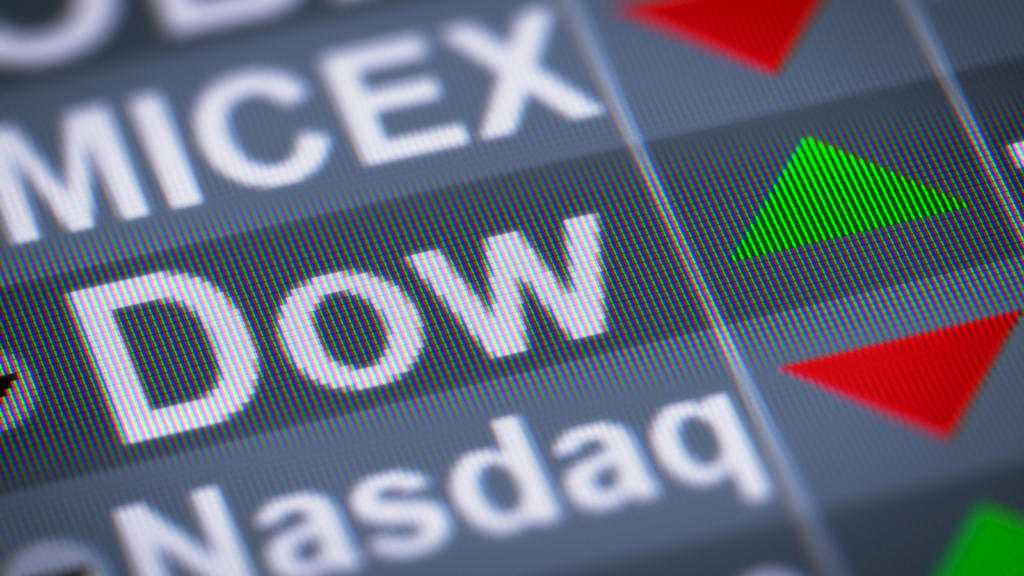
As we enter June 2024, the Dow Jones Industrial Average continues to be a closely watched barometer of the U.S. stock market. In this article, we will explore the three best Dow stocks to consider adding to your portfolio this month.
These stocks have been selected based on a thorough analysis of their fundamentals, market positioning, and future prospects.
The inclusion criteria for the Dow are not strictly rules-based like some other indexes but rather based on the discretion of the Averages Committee at S&P Dow Jones Indices. When deciding which companies to include sector representation, company size, financial stability, and more, the committee considers several factors.
Owning these best Dow stocks could potentially help investors’ overall and risk-adjusted returns over the long run. That said, here are three of the best Dow stocks to buy.
Johnson & Johnson (JNJ)

Johnson & Johnson (NYSE:JNJ) produces medical devices, pharmaceuticals, and consumer packaged goods.
JNJ operates globally with three main segments. Pharmaceuticals is the largest segment, accounting for over 50% of total revenue. Major products include Remicade, Stelara, and Imbruvica.
JNJ projects 2024 sales growth of 5-6%. Additionally, they expect EPS to be between $10.45 and $10.65. The pharmaceutical segment is anticipated to grow the most, driven by strong performance from key drugs like Stelara and Tremfya.
The main reason to hold JNJ is its stability and income potential. JNJ offers a dividend yield of 3.36%, with an annual dividend payout of $4.96 per share. Moreover, the payout ratio stands at 30%, which is very sustainable. JNJ has demonstrated a dividend growth rate of 5.02%, sustained over an impressive 62 years of consecutive increases. Additionally, the company has a buyback yield of 6.73%, contributing to a total shareholder yield of 10.12%.
Visa (V)

Visa (NYSE:V) is another Dow stock that investors should pay attention to. It has continued to see growth in 2024, focusing on expanding its digital payment network. The company had revenue growth of 9%, reaching $8.8 billion. Moreover, GAAP net income rose by 10% to $4.7 billion, with EPS at $2.29.
Analysts rate Visa stock as “Strong Buy.” The consensus price target is $316, indicating a 13% upside from the current price of around $279.
The main reason I’m bullish on Visa, though, is that it’s exploring numerous growth tailwinds.
Visa has entered partnerships with several major financial institutions and fintech companies, including a collaboration with Goldman Sachs (NYSE:GS) to integrate Visa’s payment services with Goldman’s transaction banking platform. They also partnered with fintech firm Thunes to enable faster cross-border payments for businesses and consumers in emerging markets.
This then positions Visa strongly both in the short and long-term timeframes.
Microsoft (MSFT)

Microsoft (NASDAQ:MSFT) excels in cloud computing and software solutions. It’s also one of the best Dow stocks I recommend and my favorite in the FAANG acronym.
The company grew revenue by approximately 17%, reaching $61.9 billion in Q3 FY2024. Microsoft is getting a significant boost from its Azure and other cloud services. They also plan to expand their artificial intelligence and machine learning offerings.
I think the best has yet to come for MSFT stock. It recently announced partnerships with several financial institutions and tech companies to enhance its cloud and AI capabilities. In just Q3, Microsoft returned $8.4 billion to shareholders through share repurchases and dividends, and I feel that it will only grow in income potential as time goes on, which is great for long-term holders. Thus, I think it is one of the best Dow stocks to buy.
On the date of publication, Matthew Farley did not have (either directly or indirectly) any positions in the securities mentioned in this article. The opinions expressed are those of the writer, subject to the InvestorPlace.com Publishing Guidelines.






